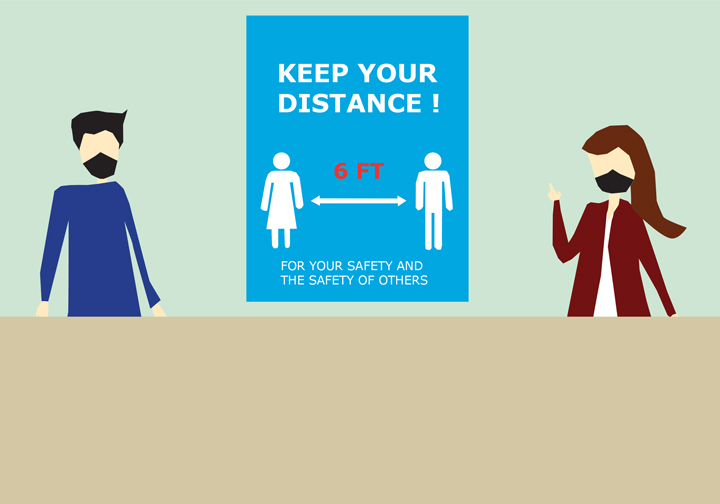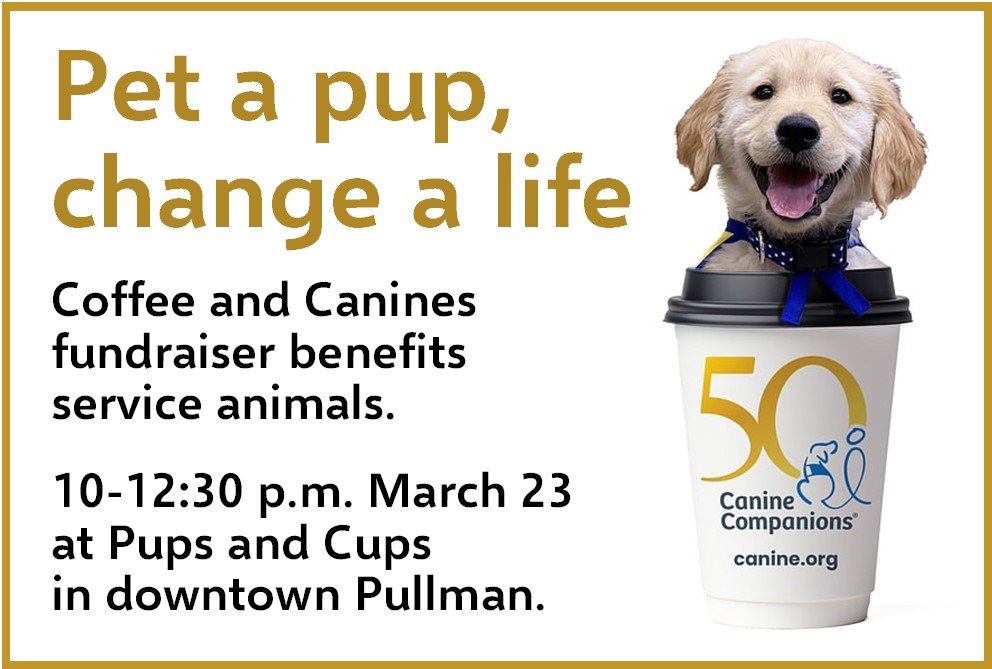Economic worries, state policies affect workers complying with COVID-19 guidelines
States with higher unemployment benefits have higher rate of compliance
Researchers found that people who work in states with fewer COVID-19 restrictions take fewer safety precautions than workers who live in states with more restrictions.
November 17, 2020
WSU researchers found that workers are less likely to follow the Centers for Disease Control and Prevention’s COVID-19 prevention guidelines if they are facing job and financial insecurity.
Workers who have increased access to resources, such as time or money, tend to comply more with the guidelines, said Andrea Bazzoli, organizational experimental psychology graduate student.
“People are already worried about a lot of things, and our brain can only handle so much,” he said. “If you keep adding stuff to worry about, then it becomes harder to enact those behaviors.”
State restrictions on social gathering and behaviors, such as mask mandates, have affected people’s level of compliance, said Hyun Jung Lee, experimental psychology graduate student.
Workers in states with fewer COVID-19 related restrictions do not take as many precautions as workers in states with more restrictions do, Lee said. Workers in states with high unemployment benefits and more reopening restrictions are more likely to follow the guidelines.
“State policies are not only important for the economy, but also for public health,” she said. “[COVID-19 and unemployment] benefits give people the resources to follow the CDC guidelines. So we’re emphasizing the importance of state policies.”
Politicians should think about citizens’ financial stability when they are drafting and considering public health policies because income affects how well a person will comply with the guidelines, Bazzoli said.
Public health guidelines compliance would increase if states sent money to low-income, financially insecure families and individuals, Lee said.
The researchers used Amazon’s Mechanical Turk, a crowdsourcing program, to gather information from 745 workers in 43 states, she said. Mechanical Turk can outsource jobs, such as survey participation, to an online workforce.
The study has collected five sets of data since April and will collect two more sets of data before February 2021, Lee said. The researchers collect data from the same survey group every one or two months.
Once the final data set is collected, the researchers will analyze the data for any causes of behavioral or policy changes, Bazzoli said.









